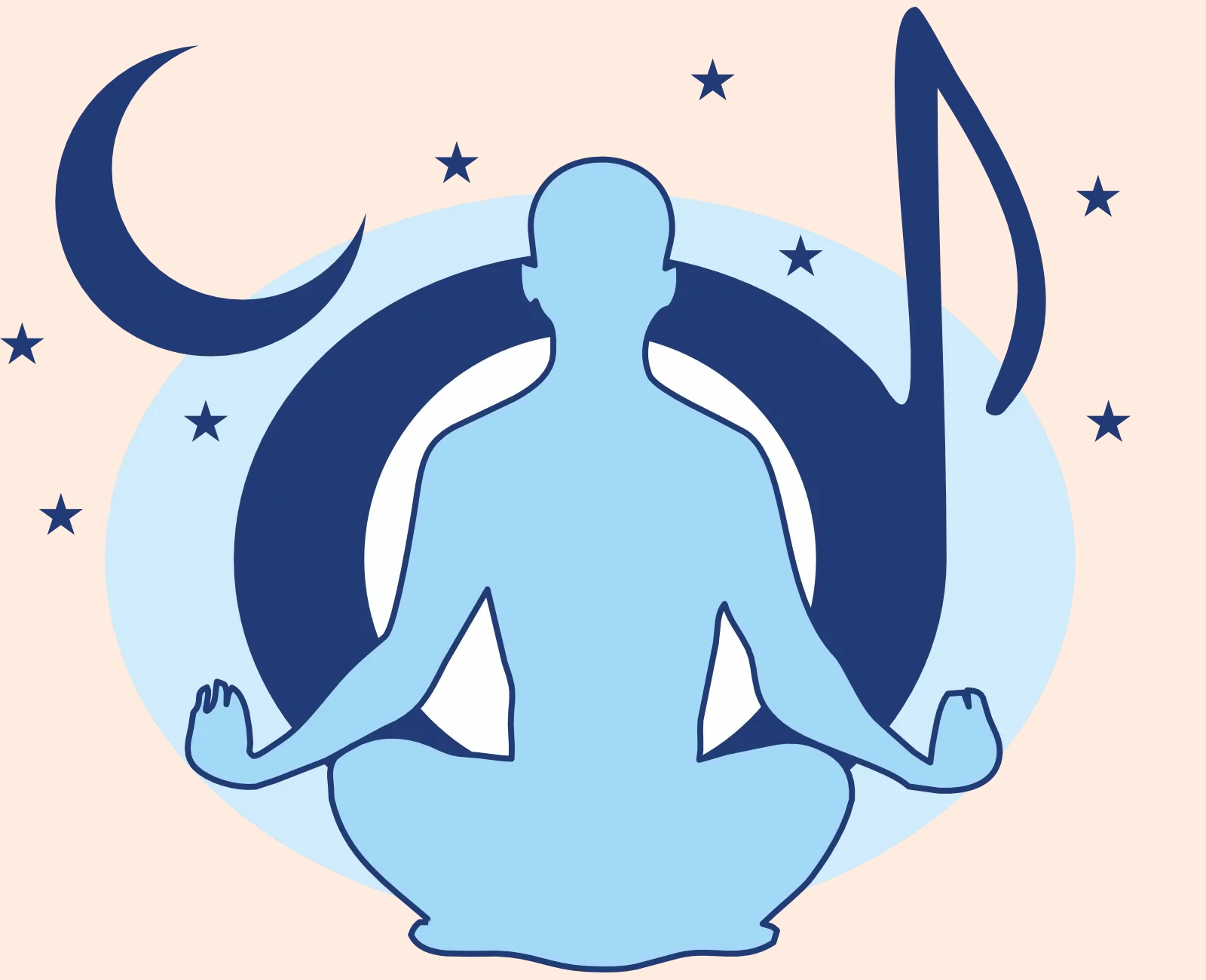To provide services at the highest level, we use cookies. Using the website requires you to choose settings related to their storage on your device. If you want to know what each type of cookie is used for, click the Details button below.
How does relaxation music affect sleep? 2 listopada 2021 |

Good sleep music is calm, gentle, and relaxing. It can be classical music, ambient music, instrumental music, nature sounds (e.g., rain, ocean waves), or even serene folk tunes. The most important thing is that the music should not be too loud or exciting, as it can hinder falling asleep.
Music can have a positive impact on brain development, especially in children. Classical music, especially Mozart's compositions, is often associated with improving cognitive functions such as memory and concentration. Music can also stimulate creativity and imagination.
Music can be part of a strategy for dealing with insomnia, but it is not the only effective remedy. Relaxation music before sleep can help calm the mind and improve sleep quality, but if you have serious sleep problems, it's worth consulting a doctor or psychologist.
Yes, music can stimulate the brain in various ways, depending on the type of music. For example, fast tempos and rhythmic music can increase arousal and energy. Other types of music, such as jazz or rock, can influence creativity and emotions. Music can be a tool for regulating mood and mental activity.
Relaxation music can help improve sleep quality by reducing stress and tension. Gentle melodies and nature sounds can help calm the mind, making it easier to fall asleep. Relaxation music can also create a peaceful background noise that masks environmental noises and disturbances, aiding in maintaining sleep. It's important to choose relaxation music without complex melodies or lyrics that could distract from the sleep process.